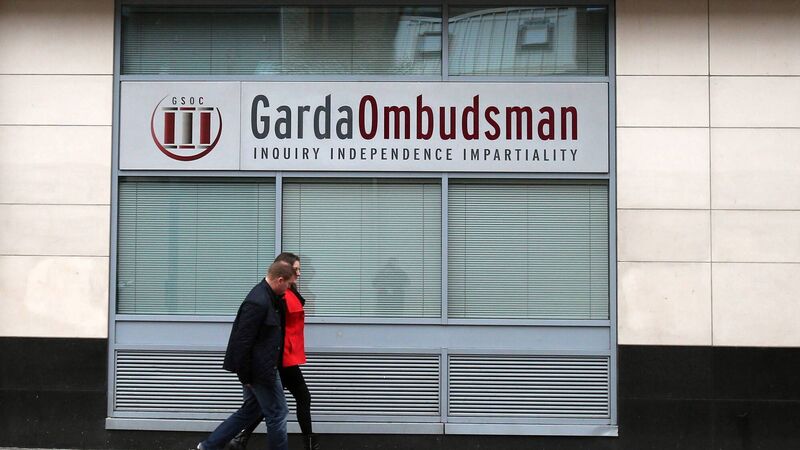Gsoc raised 'operational risks' with Garda Commissioner during Nkencho probe

The Garda Síochána Ombudsman Commission has completed its investigation into the fatal shooting of George Nkencho.
The Garda Ombudsman alerted the Garda Commissioner of “live operational risks” in how gardaí dealt with crisis situations that it had identified during its investigation into the fatal shooting of George Nkencho.
The revelation highlights potential dangers in how gardaí are responding to such situations, though it is not clear if it reflects specific failures in how the organisation or gardaí on the ground dealt with Mr Nkencho’s case.










